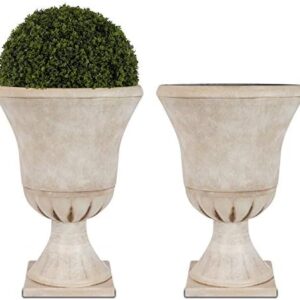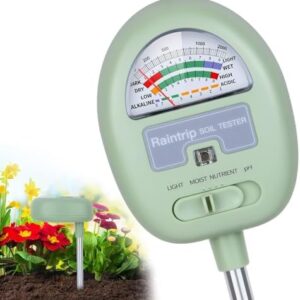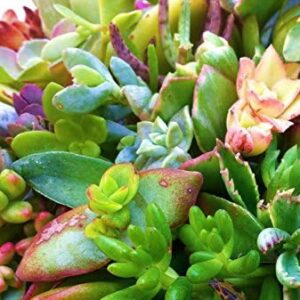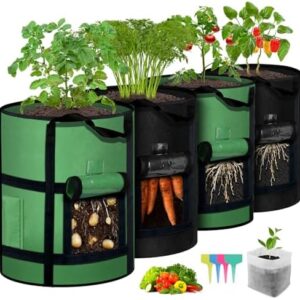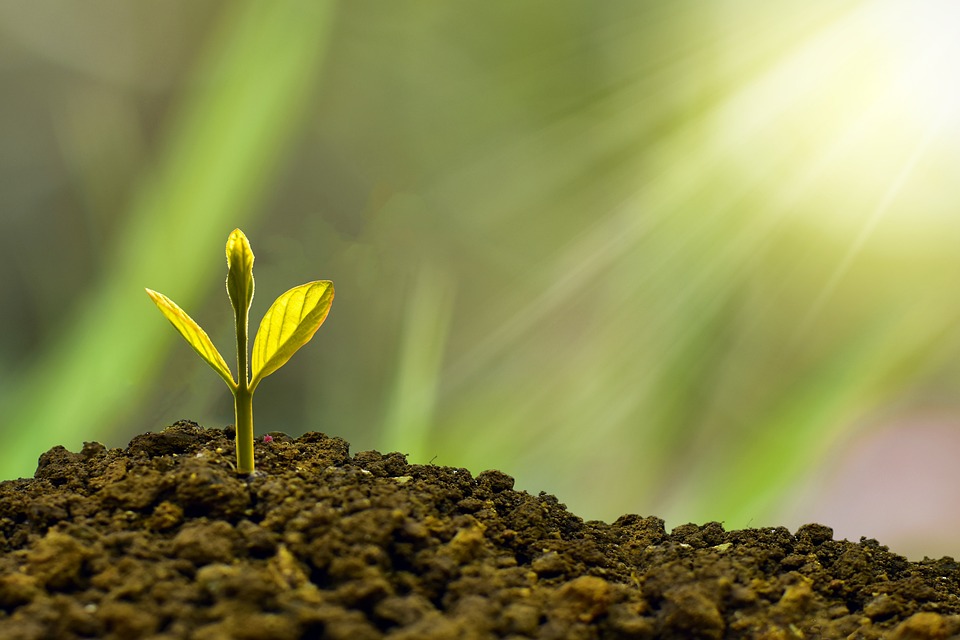Plants are a beautiful addition to any home or garden, but they can sometimes be a bit finicky. Keeping your plants thriving and healthy takes a little bit of know-how and some tender loving care. Luckily, there are experts out there who can offer some valuable advice on how to keep your plants looking their best.
One of the first things to consider when trying to keep your plants thriving is the amount of light they are receiving. Different plants have different light requirements, so it’s important to ensure that your plants are getting the right amount of light for their particular needs. Some plants thrive in bright, direct sunlight, while others prefer shade or indirect light. Consulting with a plant expert can help you determine the best placement for your plants to ensure they are getting the light they need to thrive.
In addition to light, water is another essential element for plant health. Overwatering or underwatering can both lead to problems for your plants, so finding the right balance is key. Some plants like to stay consistently moist, while others prefer to dry out between waterings. It’s important to pay attention to the specific watering needs of your plants and adjust your watering schedule accordingly. A plant expert can provide guidance on when and how much to water your plants to keep them healthy and thriving.
Another important aspect of plant care is soil quality. The type of soil your plants are planted in can greatly impact their health and growth. Some plants prefer well-draining soil, while others like a more moisture-retentive mix. It’s a good idea to regularly check the quality of your plant’s soil and make amendments as needed. A plant expert can help you determine the best type of soil for your plants and provide advice on how to improve soil quality to promote healthy growth.
Fertilizing is another key component of keeping your plants thriving. Fertilizer provides essential nutrients that plants need to grow and flourish. However, it’s important to use the right type of fertilizer and apply it correctly to avoid damaging your plants. Consulting with a plant expert can help you determine the best fertilizer for your plants and develop a fertilizing schedule that will keep them healthy and vibrant.
Pests and diseases can also pose a threat to the health of your plants. It’s important to regularly inspect your plants for signs of pests or diseases and take action promptly if you notice any issues. A plant expert can help you identify common pests and diseases that affect plants and provide guidance on how to prevent and treat these problems. By staying vigilant and addressing issues early on, you can help keep your plants thriving and free from harm.
Proper pruning and grooming can also help your plants thrive. Trimming away dead or damaged leaves, branches, and flowers can promote healthy growth and improve the appearance of your plants. A plant expert can provide guidance on the best pruning techniques for your specific plants and help you develop a grooming routine that will keep your plants looking their best.
Finally, paying attention to the overall health and well-being of your plants is essential for keeping them thriving. Regularly inspecting your plants for signs of stress, disease, or nutrient deficiencies can help you address issues before they become serious problems. A plant expert can provide guidance on how to spot common issues and offer advice on how to care for your plants to keep them healthy and happy.
In conclusion, keeping your plants thriving takes a combination of knowledge, care, and attention to detail. By seeking out expert advice and following best practices for plant care, you can help ensure that your plants are healthy, vibrant, and beautiful. With a little bit of effort and dedication, you can enjoy a flourishing indoor garden or outdoor landscape that will bring joy and beauty to your home for years to come.

